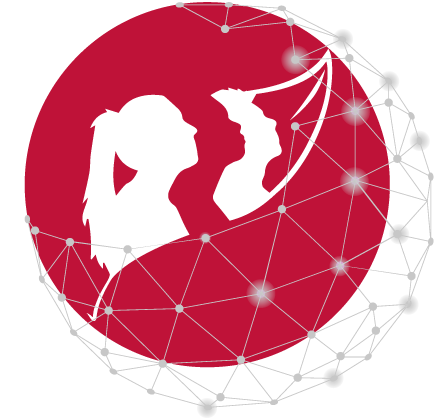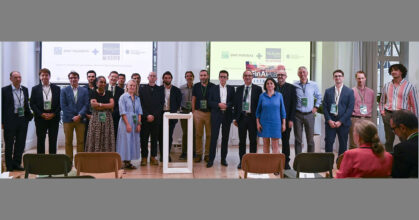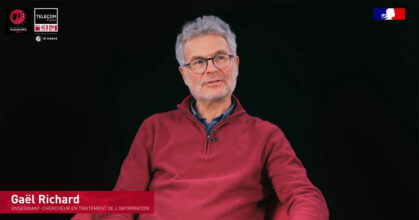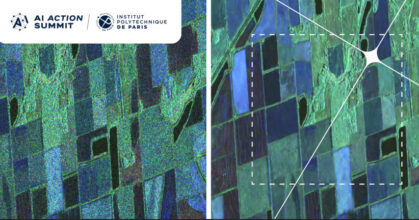The IDS department elaborates new AI methods and algorithms to analyze and exploit these data contributing to many aspects of data science ranging from challenging societal expectations (fairness, bias management, robustness/reliability, privacy preservation, energy frugality) to key applications such as health or environment monitoring, or answering to technological / computational constraints (e.g. sensor networks, IoT, distributed file systems or infrastructures for massively parallelized/distributed computation, online processing).
The IDS research relies on various fields such as probabilistic modeling, statistical learning, simulation, optimization, machine learning, NLP, visual and audio computing including computer vision, computer graphics, medical imaging, remote sensing, multi-modal data, etc.
IDS activities take advantage of a high national and international recognition and is supported by numerous fundings (ERC and European projects, ANR fundings, chairs and joint labs, …). The department also contributes actively to innovation and industrial research. IDS is also a key contributor to Institut Polytechnique de Paris and Hi!Paris center.
As far as teaching is concerned, IDS is strongly involved in the Télécom Paris tracks: Data science, Image, and Signal Processing & AI. The department also heavily contributes to IP Paris masters and MVA master.
It gathers the three LTCI teams:
Latest news

FinAI-Lab, joint lab with BNP Paribas about Financial AI
Data Science & AI, Digital Economy — 03/12/2025This new lab helps address key challenges faced by large financial institutions when deploying AI at [...]
Florence Tupin distinguished by IEEE Geoscience and Remote Sensing Society
Faculty Members, Modeling — 27/03/2025She develops innovative image processing and analysis methods, with recognised expertise in [...]
[Ideas] Sound revolution and machine listening
Data Science & AI, Faculty Members, Modeling — 14/03/2025Gaël Richard, "Hi-Audio": How does the machine learn to listen and create?
“Denoising” radar satellite images with AI (IP Paris)
Data Science & AI, Faculty Members — 07/02/2025Florence Tupin uses deep learning to obtain images cleared from the fluctuations inherent in radar [...]
Putting power-hungry AI on an energy diet (IP Paris)
Data Science & AI, Faculty Members — 03/02/2025Enzo Tartaglione is trying to develop more energy-efficient Deep Learning models.








